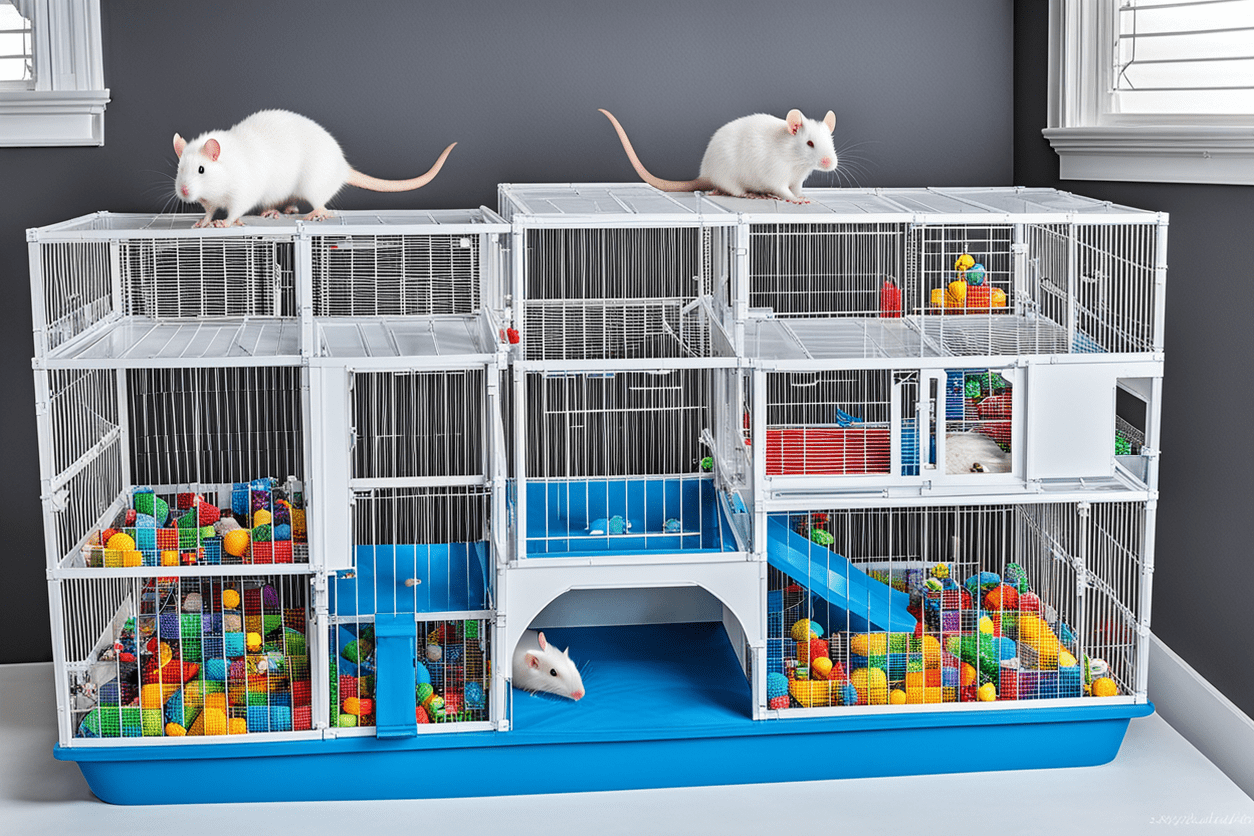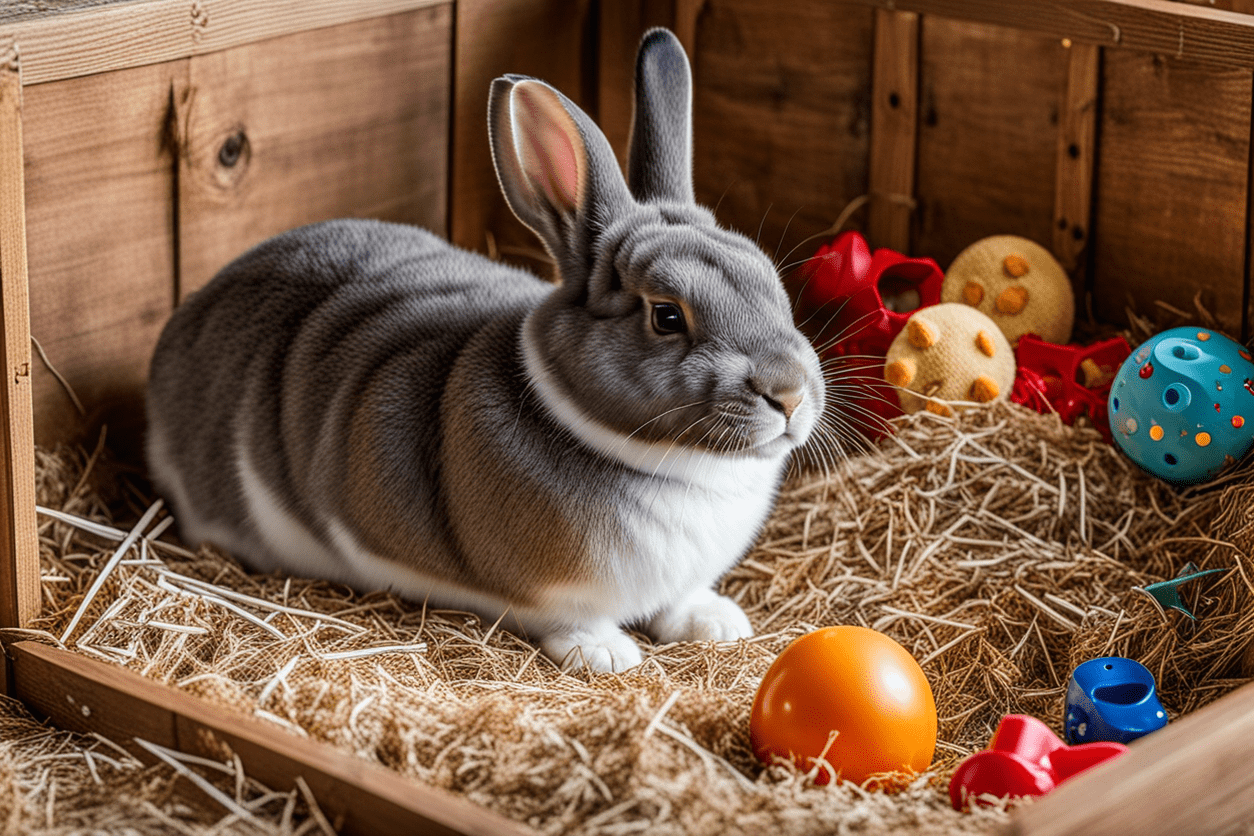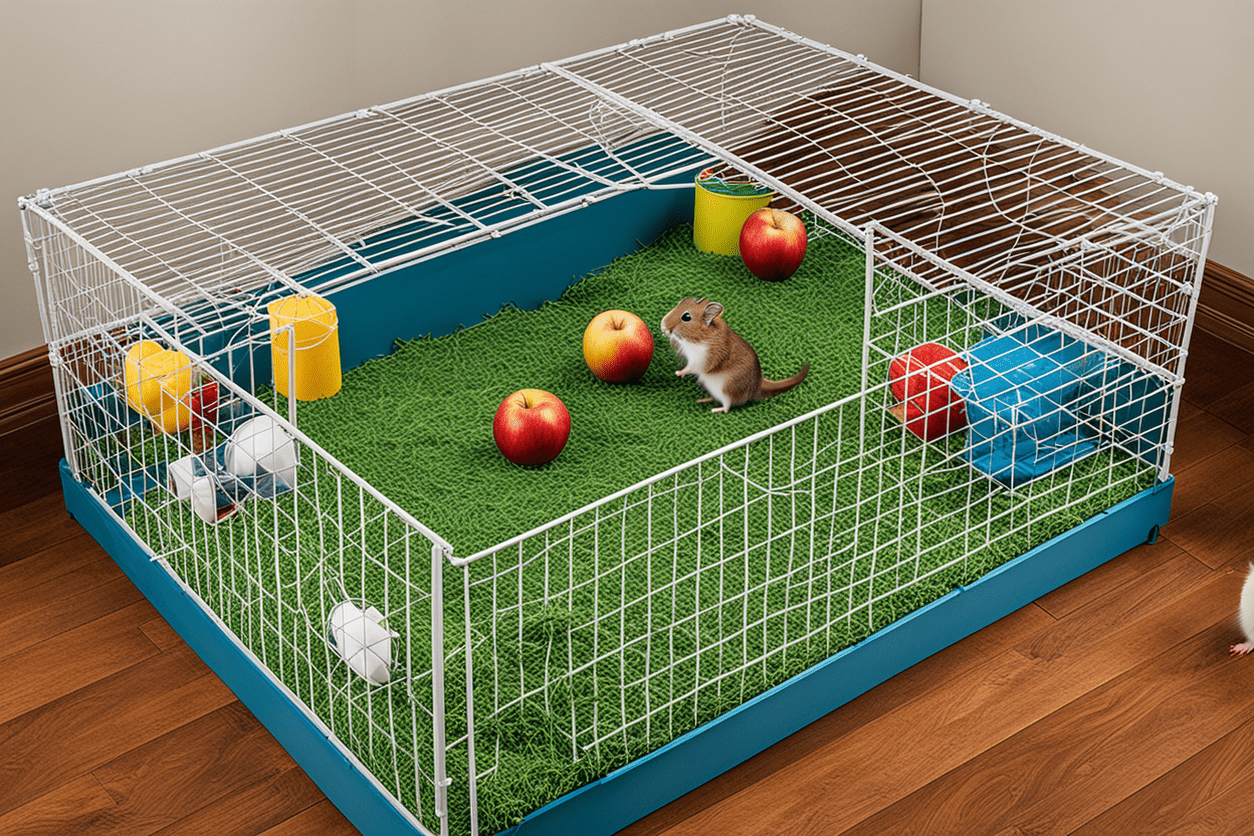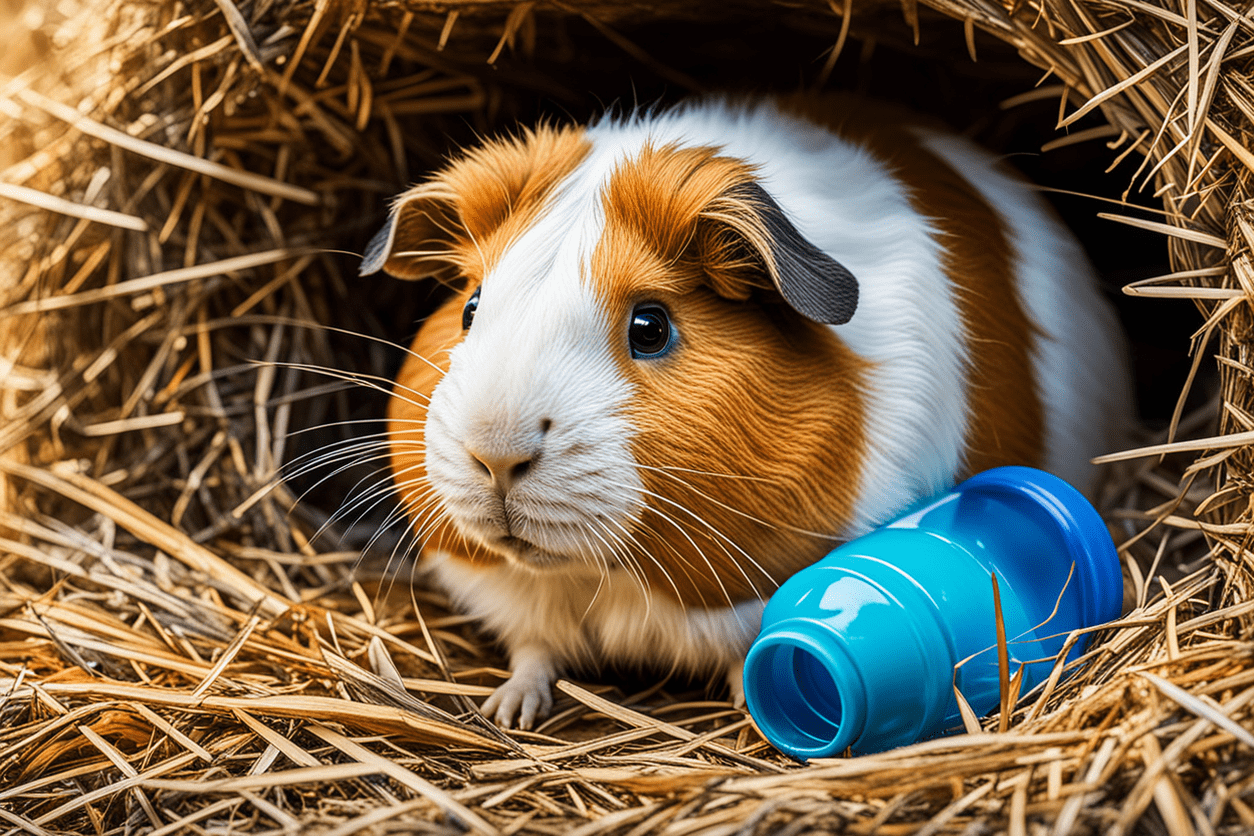Discover the Charismatic Cornish Rex: A Unique Cat Breed
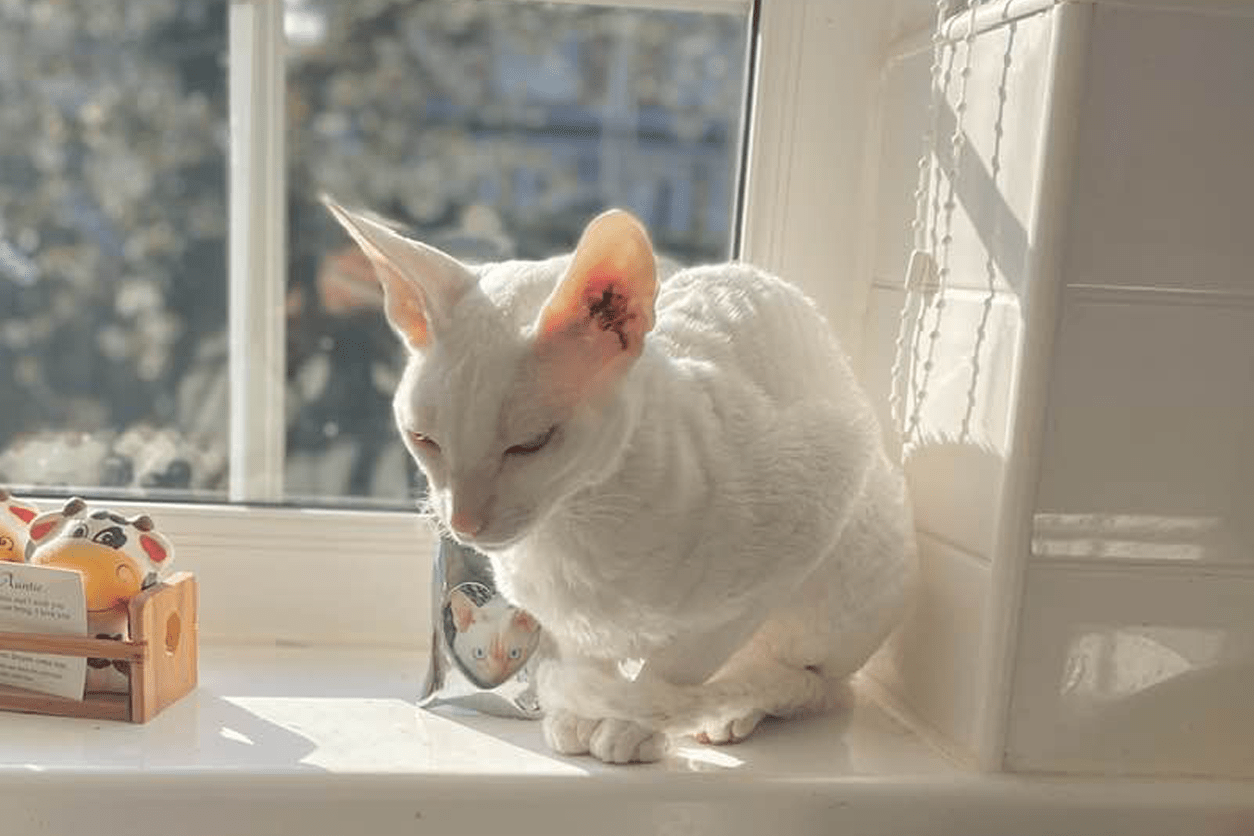
Introduction
The Cornish Rex is a captivating breed, frequently turning heads with its distinct appearance and charming disposition. It has a rare and unique coat that distinguishes it from most other feline breeds. Known for its affectionate nature and playful spirit, the Cornish Rex has garnered a loyal following of admirers. This sleek and elegant breed offers a myriad of attributes that cat enthusiasts cherish, making it a popular choice for many households.
History and Origin
The Cornish Rex originated in Cornwall, England, in the early 1950s. The breed traces its roots to a single male kitten named Kallibunker, born in a litter of farm cats. Kallibunker exhibited an unusual curly coat, a mutation that sparked interest among cat fanciers. Breeding efforts began to perpetuate this unique fur. These efforts led to the establishment of the Cornish Rex as a distinct breed.
This breed gained recognition over the years, securing debuts in cat shows and attracting attention for its intriguing appearance. In the 1960s, Cornish Rex cats were imported to the United States, solidifying their presence internationally. Today, major cat associations, such as The International Cat Association (TICA) and the Cat Fanciers' Association (CFA), officially recognize the Cornish Rex.
Physical Characteristics
Size and Weight
The Cornish Rex is a medium-sized cat. Males typically weigh between 6 and 9 pounds, whereas females tend to be slightly lighter, ranging from 5 to 7 pounds. Despite their slender frame, they possess a muscular and athletic build.
Coat Type and Colors
One of the most striking features of this breed is its coat. The Cornish Rex has fine, curly fur that lacks guard hairs, giving it a soft, velvet-like texture. This distinctive coat comes in a variety of colors and patterns, including solids, bicolors, and tabbies.
Distinctive Features
Along with its unique fur, the Cornish Rex has large, expressive eyes that can be any color. Its ears are large and set high on the head, giving an alert and inquisitive look. The breed also features a long, slender tail, often as wavy as its coat.
Personality and Temperament
General Personality Traits
The Cornish Rex is known for its lively and sociable nature. They are curious, affectionate, and have a knack for engaging with their human companions. Their outgoing disposition makes them excellent pets for those seeking an interactive and loving feline friend.
Behavior Around Humans and Other Animals
These cats are fond of human interaction and enjoy being the center of attention. They are generally good with children and can get along well with other pets, provided they are properly introduced. Cornish Rex cats are known to greet visitors warmly and are rarely shy.
Activity Level and Playfulness
Cornish Rex cats are highly active and energetic. They enjoy playtime and are often seen dashing around the house, leaping to great heights, and exploring every nook and cranny. This breed’s playful nature makes them a delight to have around, but it also means they need plenty of entertainment and stimulation.
Intelligence and Trainability
The Cornish Rex is an intelligent breed, quick to learn new tricks and commands. They respond well to positive reinforcement techniques and can be trained to perform various tasks, from fetching to navigating puzzle toys.
Health and Lifespan
Common Health Issues and Genetic Disorders
While generally healthy, the Cornish Rex can be prone to certain conditions. They may suffer from patellar luxation, a condition where the kneecap dislocates. Additionally, they can be susceptible to hypertrophic cardiomyopathy (HCM), a heart disease common in many cats. Regular vet visits and health screenings are imperative.
Lifespan
Cornish Rex cats typically live between 12 and 15 years, although many can surpass this with proper care and a healthy lifestyle.
Preventive Care and Regular Health Checks
Regular health check-ups and a balanced diet are crucial to maintaining the well-being of a Cornish Rex. Yearly veterinary visits, dental care, and vaccinations are part of their routine healthcare. Genetic testing can also help in identifying and managing potential health issues early on.
Grooming and Maintenance
Grooming Needs
Despite their delicate appearance, the Cornish Rex's grooming requirements are relatively low. Their short, curly fur doesn't mat easily, but it does benefit from occasional brushing to remove dead hair and distribute skin oils. Bathing can be done infrequently, but owners should use a gentle shampoo to avoid drying out their sensitive skin.
Nail Trimming, Ear Cleaning, and Dental Care
Regular nail trimming is essential to prevent overgrowth and potential injuries. Their large ears should be checked and cleaned weekly to avoid wax build-up and infections. Dental hygiene is equally important. Brushing their teeth and providing dental treats can help maintain oral health.
Diet and Nutrition Requirements
A balanced diet rich in proteins and essential nutrients supports the Cornish Rex’s active lifestyle. High-quality commercial cat foods are generally suitable, but consulting a veterinarian can provide personalized dietary recommendations. Fresh water should always be available to keep them well-hydrated.
Living Environment
Suitability for Different Types of Living Spaces
Cornish Rex cats are adaptable and can thrive in various living environments, from apartments to large homes. Their playful nature means they enjoy having plenty of space to explore, but they can also be content in smaller spaces if provided with toys and climbing structures.
Indoor vs. Outdoor Considerations
While they can be curious about the outdoors, it is safer for Cornish Rex cats to be kept indoors. Their fine coat offers little protection against harsh weather and potential hazards. If they venture outside, supervision or a secure, enclosed space is advisable.
Space and Activity Needs
These cats love to climb, jump, and chase. Providing vertical spaces, like cat trees or shelves, can fulfill their need for physical activity. Interactive toys and puzzle feeders can also keep them engaged and mentally stimulated.
Interaction with Family and Children
Compatibility with Children
The Cornish Rex is generally excellent with children. Their playful and gentle demeanor makes them wonderful companions for kids. They enjoy interactive play and are patient, often forming strong bonds with younger family members.
Interaction with Other Pets
Cornish Rex cats are usually amiable with other pets. They get along well with both cats and dogs, especially when introduced gradually. Their playful nature can make them natural buddies with other active pets.
Ideal Family Type for the Breed
This breed is suitable for a variety of family types, from singles to large families. They thrive in environments where they receive plenty of attention and interaction. Households that can devote time to playing and engaging with their cat will find the Cornish Rex a delightful addition.
Adoption and Breeder Information
Tips for Finding Reputable Breeders
When seeking a Cornish Rex, it's important to find a reputable breeder. Look for breeders who are registered with recognized cat associations, such as CFA or TICA. Visiting the breeder’s facility, asking about health screenings, and meeting the kitten’s parents can provide transparency and assurance.
Adoption Considerations and Processes
Adopting from a rescue or shelter is another viable option. Many organizations specialize in purebred cat rescues. When adopting, consider the cat’s background and whether it matches your lifestyle and expectations.
Cost of Purchasing or Adopting the Breed
Purchasing a Cornish Rex from a breeder can range from $800 to $1,500, depending on pedigree and location. Adoption fees from shelters or rescue organizations are generally lower, ranging from $100 to $300, but may include medical and spay/neuter costs.
Fun Facts and Trivia
- The Cornish Rex’s unique coat is due to a genetic mutation, resulting in curly fur that resembles the coat of domestic Rex rabbits.
- Famous Cornish Rex cats include Cinnamon, a kitten from the Marilyn Monroe film "Let’s Make Love."
- They are often referred to as “the Greyhound of cats” due to their sleek bodies and high energy.
- Cornish Rex cats are heat-seekers. They love warm spots and can often be found basking in sunlight or snuggling up in blankets.
- Their whiskers are curled much like their coat, giving them an added touch of charm.
Frequently Asked Questions (FAQs)
Are Cornish Rex cats hypoallergenic?
While no cat is truly hypoallergenic, some people with allergies may find the Cornish Rex more tolerable due to its minimal shedding.
How much grooming does a Cornish Rex require?
They need occasional brushing to remove dead fur and distribute skin oils, but their grooming needs are generally low.
Are Cornish Rex cats good with children?
Yes, they typically have a gentle and playful nature, making them suitable companions for children.
Do Cornish Rex cats require a lot of exercise?
They are very active and enjoy plenty of playtime. Interactive toys and climbing spaces can help meet their exercise needs.
What is the lifespan of a Cornish Rex?
They typically live between 12 and 15 years, with some living even longer with proper care.
How much do Cornish Rex cats cost?
Purchasing from a breeder can cost between $800 to $1,500, while adoption fees are generally lower, around $100 to $300.
What kind of diet do Cornish Rex cats need?
A balanced diet rich in proteins and essential nutrients is important. Consulting a vet for personalized dietary advice is recommended.
Are Cornish Rex cats indoor or outdoor cats?
They are best kept indoors due to their delicate coat and susceptibility to environmental hazards.
Can Cornish Rex cats be left alone for long periods?
They are social animals and can become lonely if left alone for too long. They thrive in environments where they receive ample attention.
Are Cornish Rex cats easy to train?
Yes, they are quite intelligent and respond well to positive reinforcement training methods.
Conclusion
The Cornish Rex is a delightful breed that combines a striking appearance with an affectionate and lively personality. Their unique coat, playful nature, and sociability make them ideal companions for families and individuals alike. With proper care, these cats can lead long, healthy lives, bringing joy and companionship to their owners. Whether purchasing from a breeder or adopting from a rescue, ensuring a suitable fit for your lifestyle is key. The Cornish Rex may just be the perfect feline friend you’re looking for.
References and Resources
- The International Cat Association (TICA): tica.org
- The Cat Fanciers' Association (CFA): cfa.org
- Cornish Rex Breed Information: cornishrex.org

